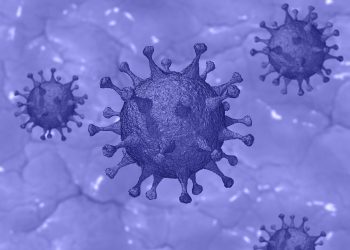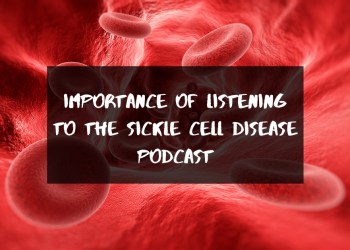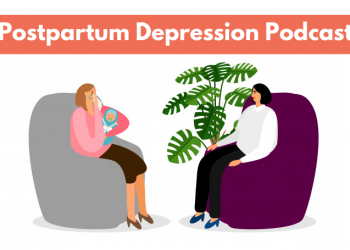How to improve memory and thinking as we age
 Omega-3-polyunsaturated fatty acids have been shown to increase synaptic plasticity, decrease inflammation, and offer neuroprotection by decreasing oxidative stress. This is great news for your brain’s overall health and well being.
Omega-3-polyunsaturated fatty acids have been shown to increase synaptic plasticity, decrease inflammation, and offer neuroprotection by decreasing oxidative stress. This is great news for your brain’s overall health and well being.
For unclear reasons, it has been shown to help slow aging. Seriously! This study tested the effects of Omega-3-polyunsaturated fatty acids on mice over an 8 week period, and demonstrated that the mice showed lower levels of neurodegeneration and lower levels of overall cognitive decline.
The omega-3-polyunsaturated fatty acids are found in salmon, mackerel, tuna and can also be taken as a supplement.
The Research
Front Aging Neurosci. 2014 Aug 25;6:220. doi: 10.3389/fnagi.2014.00220. eCollection 2014.
n-3 polyunsaturated fatty acids supplementation enhances hippocampal functionality in aged mice.
Cutuli D1, De Bartolo P1, Caporali P1, Laricchiuta D1, Foti F1, Ronci M2, Rossi C3, Neri C4, Spalletta G5, Caltagirone C6, Farioli-Vecchioli S7, Petrosini L1.
1 Department of Psychology, University Sapienza of Rome Rome, Italy ; Lab of Experimental and Behavioral Neurophysiology, Santa Lucia Foundation Rome, Italy.
2 Department of Experimental and Clinical Sciences, University “G. D’Annunzio” Chieti, Pescara, Italy ; Division of Information Technology, Engineering and the Environment, Mawson Institute, University of South Australia Mawson Lakes, SA, Australia.
3 Department of Experimental and Clinical Sciences, University “G. D’Annunzio” Chieti, Pescara, Italy.
4 Lab of Proteomic and metabonomic, Santa Lucia Foundation Rome, Italy ; Department of Experimental Medicine and Surgery, University Tor Vergata of Rome Rome, Italy.
5 Lab of Clinical and Behavioral Neurology, Santa Lucia Foundation Rome, Italy.
6 Lab of Clinical and Behavioral Neurology, Santa Lucia Foundation Rome, Italy ; Department of Neuroscience, University Tor Vergata of Rome Rome, Italy.
7 Institute of Cell Biology and Neurobiology, National Research Council, Santa Lucia Foundation Rome, Italy.
Abstract
As major components of neuronal membranes, omega-3 polyunsaturated acids (n-3 PUFA) exhibit a wide range of regulatory functions, modulating from synaptic plasticity to neuroinflammation, from oxidative stress to neuroprotection. Recent human and animal studies indicated the n-3 PUFA neuroprotective properties in aging, with a clear negative correlation between n-3 PUFA levels and hippocampal deficits. The present multidimensional study was aimed at associating cognition, hippocampal neurogenesis, volume, neurodegeneration and metabolic correlates to verify n-3 PUFA neuroprotective effects in aging. To this aim 19 month-old mice were given n-3 PUFA mixture, or olive oil or no dietary supplement for 8 weeks during which hippocampal-dependent mnesic functions were tested. At the end of behavioral testing morphological and metabolic correlates were analyzed. n-3 PUFA supplemented aged mice exhibited better object recognition memory, spatial and localizatory memory, and aversive response retention, without modifications in anxiety levels in comparison to controls. These improved hippocampal cognitive functions occurred in the context of an enhanced cellular plasticity and a reduced neurodegeneration. In fact, n-3 PUFA supplementation increased hippocampal neurogenesis and dendritic arborization of newborn neurons, volume, neuronal density and microglial cell number, while it decreased apoptosis, astrocytosis and lipofuscin accumulation in the hippocampus. The increased levels of some metabolic correlates (blood Acetyl-L-Carnitine and brain n-3 PUFA concentrations) found in n-3 PUFA supplemented mice also pointed toward an effective neuroprotection. On the basis of the present results n-3 PUFA supplementation appears to be a useful tool in health promotion and cognitive decline prevention during aging.

